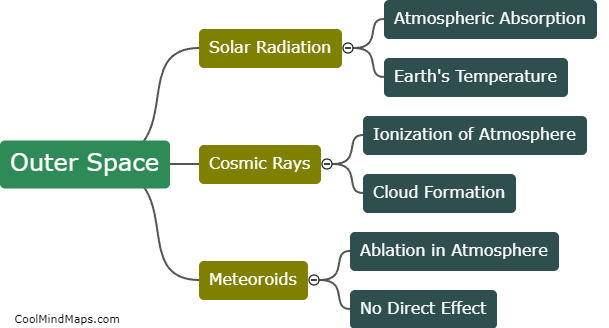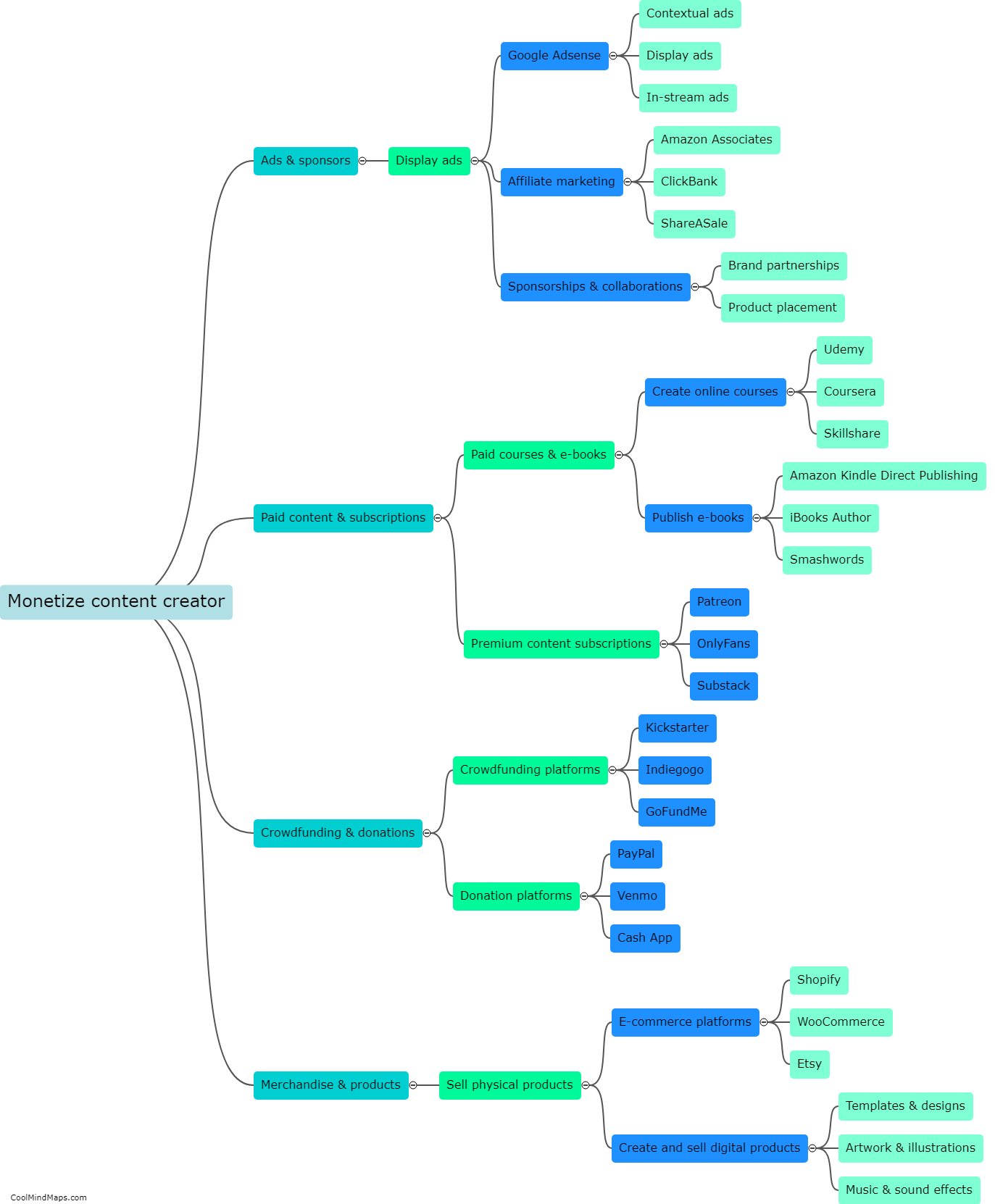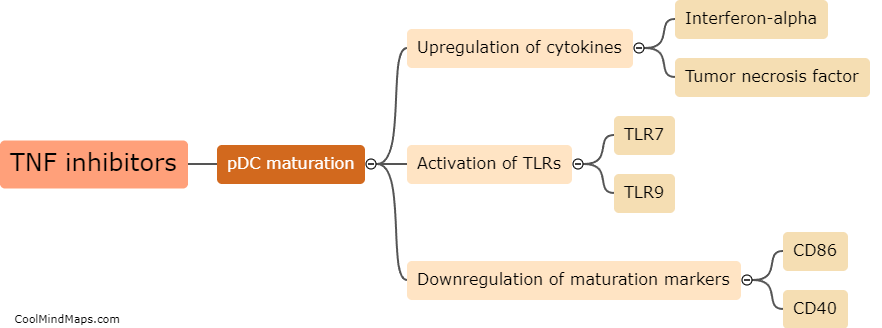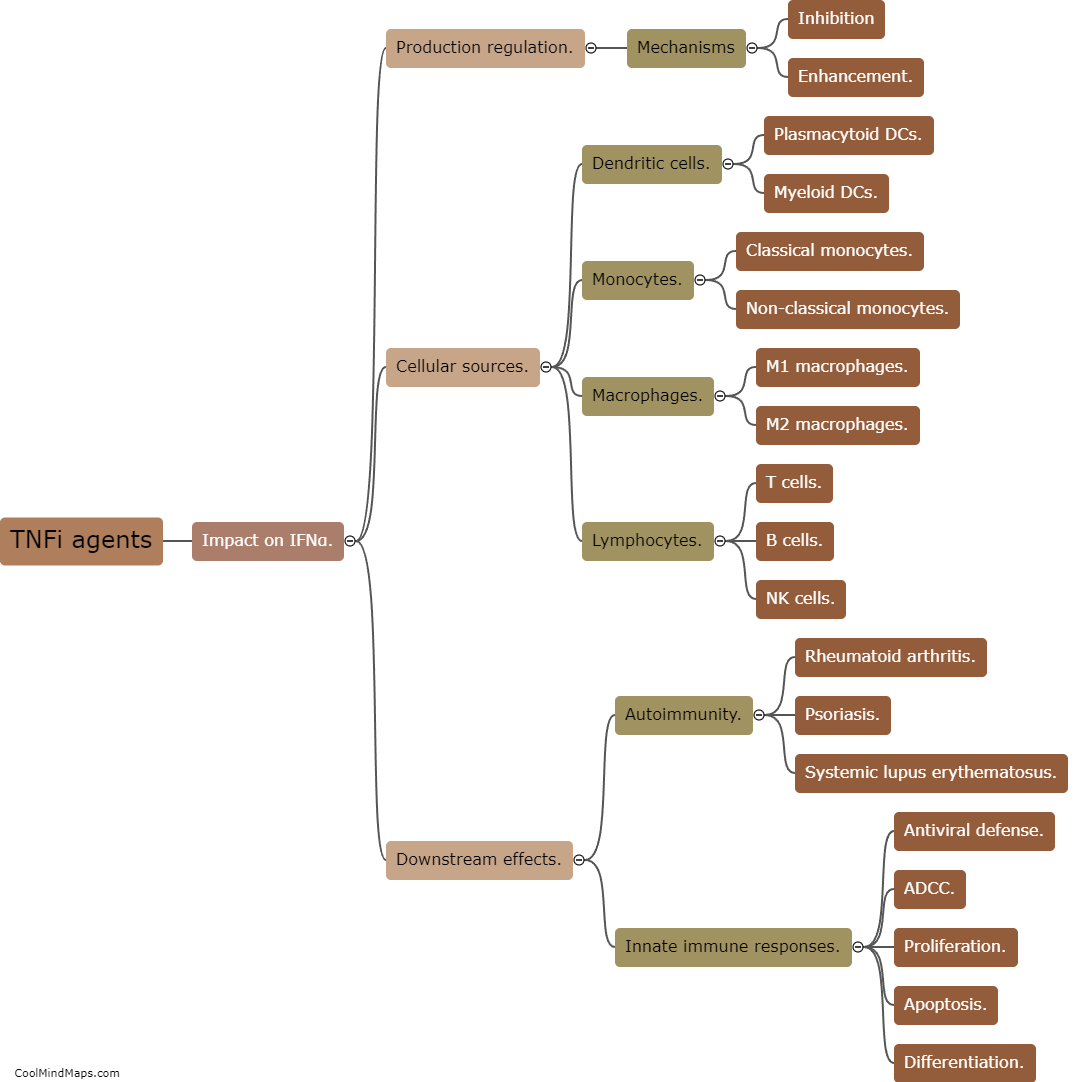Is a significant increase in IFNα response induced by TNFi sufficient to cause paradoxical psoriasis?
The relationship between tumor necrosis factor inhibitors (TNFi) and paradoxical psoriasis, a rare side effect of these medications, has been a subject of study and debate. One theory suggests that a significant increase in the interferon-alpha (IFNα) response induced by TNFi might be sufficient to trigger paradoxical psoriasis. IFNα is known to play a role in the pathogenesis of the disease, and it has been observed that patients with paradoxical psoriasis have elevated levels of this cytokine. However, the exact mechanisms by which TNFi can lead to an increase in IFNα response and subsequently cause paradoxical psoriasis are yet to be fully understood. Further research is required to unravel the complex interplay between these factors and provide a clearer understanding of the development of paradoxical psoriasis in patients receiving TNFi therapy.

This mind map was published on 12 July 2023 and has been viewed 186 times.











